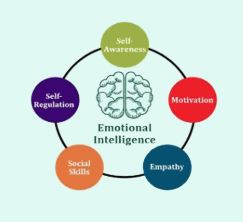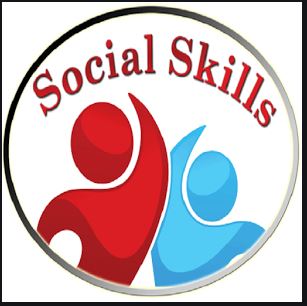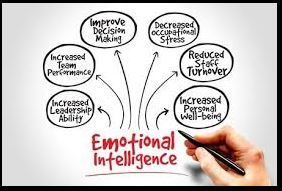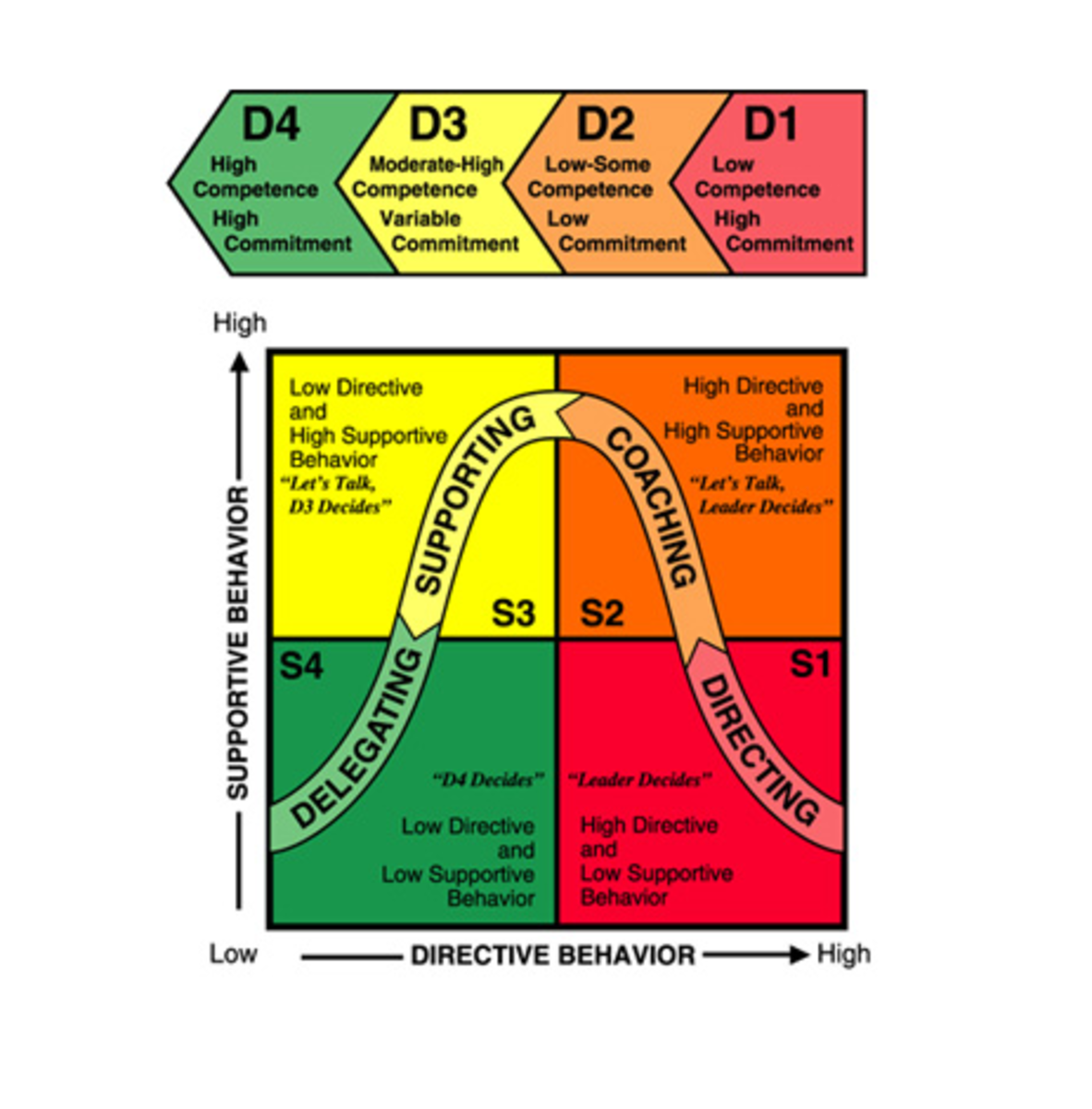Emotional Intelligence. What you should know.

What is Emotional Intelligence?
Emotional intelligence, by definition is simple. It is a person’s ability to maintain awareness, and control while effectively expressing emotions, simultaneously navigating interpersonal relationships both diplomatically and empathetically. What often goes unrecognized is the direct correlation between emotional intelligence, effective leadership and effective teams. Many articles, featured on many respected platforms, such as “Emotional intelligence in leadership,” and “Why emotional intelligence is important in leadership," have directly outlined the substantial weight of emotional intelligence in leadership. Thus the statement, to elevate emotional intelligence is to elevate leadership, should come as no surprise. Increasing emotional intelligence can be guided by building strength and aptitude in five categories. Self-awareness, self-regulation, motivation, empathy, and social skills. Increasing capacity in these areas will increase overall emotional intelligence and positively affect contributions in a leadership and/or team-oriented role.
5 Steps to Elevate Emotional Intelligence


Self-awareness
Slow down and write it down. Self-awareness is the first element of emotional intelligence. To elevate emotional self-awareness consider maintaining an emotional journal that chronicles your thoughts and feelings, thus raising your emotional self-awareness. In moments of intense emotions, delay your reaction time by taking a moment to simplify (to yourself) the reason your response is so strong. This will take practice and you will fail at times, possibly many times. Just keep in mind; when it comes to emotional responses there is always a choice.
Suggestion: To start the process, take a moment out of each day to write about what you are feeling at that exact moment. Review your entries after a week and identify your trends.

Self-regulation
Elevating self-awareness brings with it increased self-regulation. Working to become more aware and in tune with your own emotional state will require more practice in self-regulation. Just a little note: Your personal values play a pivitol role in your emotional responses. Objective understanding of personal values is the only way to have a gratifying and successful transition in emotional intelligence. Holding yourself accountable for your participation in negative interactions will help you to self-regulate. Accountability in both negative and positive situations will help to hone your emotional awareness, aid in self-regulation and increase your overall emotional intelligence.
Suggestion: Reflect on a time your emotions got the best of you. Reflect on what you would like to have done differently. Repeat this for more than one event. Collect a few entries and reflect on your responses in the past and locate your pressure points.

Stay motivated!
Motivation is a strong contributor to your emotional state. To ensure interest is maintained you may need to thoroughly evaluate the "why" behind your participation or desire to participate on a team. Regardless of where your values and motivations lie, commit to embracing and practicing optimism. Optimism is trainable and is directly connected to self-awareness and self-regulation. Practice seeing the glass as half-full. Begin by actively complimenting a pessimistic thought with one that is optimistic. It may not seem to work at first but over time you will find those optimistic thoughts come more easily.
Suggestion: Ask yourself why you go to work each day. What would you like to accomplish in your career? Know your goals, know your values, strive to understand why you are doing what you do.

Empathy
Empathy is essential when connecting with other individuals. Gaining trust and loyalty from those you are asking to follow in your direction, as a leader is an essential prerequisite. As a teammate, having empathy for your fellow cohorts is necessary to foster a healthy and fluid environment. Practice putting yourself in the shoes of others, focusing on body language and valiantly respecting and responding to the feelings of those you encounter. Start first by practicing the art of acknowledging and validating the feelings of your constituients. Repeating this practice will create a platform of emotional safety and tolerance for everyone.
Suggestion: View yourself objectively and ask, "Are you sensitive to the emotional needs of others?" How well are you considering the aftermath of you say and do in response to others? How could relationships be made better if you changed your approach?

Social skills
Under the umbrella of management and leadership, social skills is more like conflict resolution skills. Practice increasing social skills by improving communication skills and developing strength in conflict resolution. When conflicts arise commit to identifying and understanding the foundation of the surrounding emotions. Delay reactions and decisions to ensure every effort has been made to recognize why people are upset.
Suggestion: How have you handled conflict in the workplace? Outside of the workplace? Do you actually handle conflict? Or do you contend to steer clear?

Elevating emotional intelligence is a journey devoted to inward focus and self-reflection. Having the courage to turn a mirror on ourselves and hold accountable all of our contributions to a situation grants us the opportunity for true growth and excellence. Accept the challenge, view yourself objectively, participate daily and elevate yourself to satisfying and effective leadership.
Recommended reading:

The 7 Habits of Highly Effective People

This content is accurate and true to the best of the author’s knowledge and is not meant to substitute for formal and individualized advice from a qualified professional.
© 2019 Lani Morris








